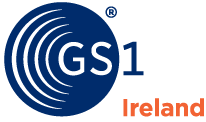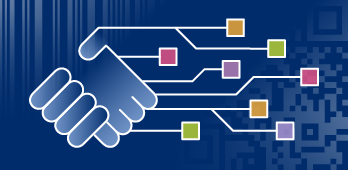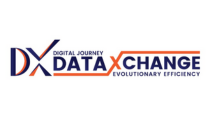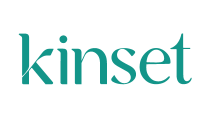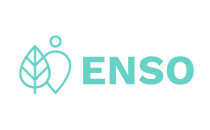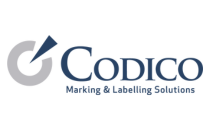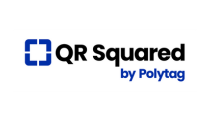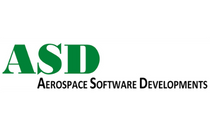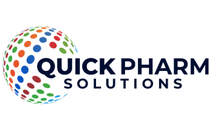- Home
- Barcode Information
Loading...
To create barcodes, you need a range of barcode numbers that are exclusive to your company. This is granted by an annually renewable licence.
Which barcode licence is right for me?
There are different licences depending upon the size of your product range, now and into the future.
Standard Barcode Licence (GCP-9): This is the most common licence for a 9 digit company prefix and enables up to 1,000 barcode numbers to be generated for products and outer cases.
Artisan Barcode Licence (GCP-11): This licence is for artisan producers with a very limited product range and a turnover under €1 million. This licence includes only 10 barcode numbers.
Tip: For more than 30 barcodes (i.e. 3 x GCP-11 licences) over the lifetime of a business, a GCP-9 licence is more economical. Remember, outer cases (boxes of product) need their own unique barcodes too.
Register your business and products today to be #RetailReady
For a quick and easy online application, we recommend you have the following information to hand before you begin:
- Company information (business name and postal address)
- Companies Registration Office (CRO) Number or Registered Business Name (RBN) Number
- VAT Number (or PPS number if not VAT registered)
- Latest audited turnover figure (or first year's projected turnover if a new start-up business)
- Bank Details for Direct Debit (for next year's renewal)
- Payment method for the current year's fee (by credit card, cheque or EFT)
- Contact details for primary license contact and accounts person (name, tel, email)
A GS1 barcode number - your product's passport to global sales
Barcode numbers are created by brand owners for their products using a GS1-issued prefix. When you join GS1 you will get access to our "Barcode Manager" Tool that will look after the whole process of allocating a barcode number to each product that you register.
Your packaging designer will use this barcode number to include a barcode symbol on your product packaging. If you are selling online you will list this number with your preferred platform (e.g. ebay, Amazon, Google Shopping etc.)
If you are not using a packaging designer, don't worry, you can also use our Barcode Manager tool to download the barcode images (a symbol download fee applies).
What happens after I register?
Once we receive your completed online registration and payment we will process your application. You will be issued with your own unique prefix to use for allocating barcodes. Your next step is to log on to Barcode Manager to begin allocating barcode numbers to your products. You will receive details of the steps by email along with your licence.
Frequently Asked Questions
GS1 standards improve the efficiency, safety and visibility of supply chains across physical and digital channels in 25 sectors
A "GTIN" or Global Trade Item Number is the official term for a barcode number - the code that uniquely identifies a product or service. A GTIN is built up from a GS1 Company Prefix (GCP) to create a full barcode number.
There are is an annual licence fee for a barcode licence which is charged pro-rata throughout the calendar year (Jan - Sept). Each of the GS1 company prefixes, from which barcodes are allocated, are priced on a scale in line with a range of turnover bands. See the current prices here.
If you are researching barcode numbers on the internet you may come across websites offering you barcodes at a very cheap one-off rate. These operators are not part of the GS1 network and are not authorised to sell GS1 numbers. In fact the numbers may be rejected by retailers and major online ecommerce sites.
